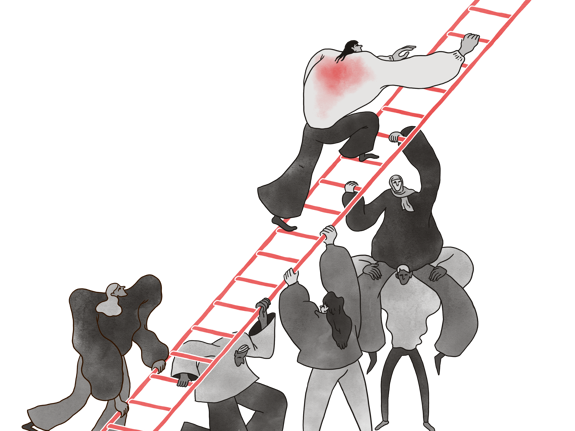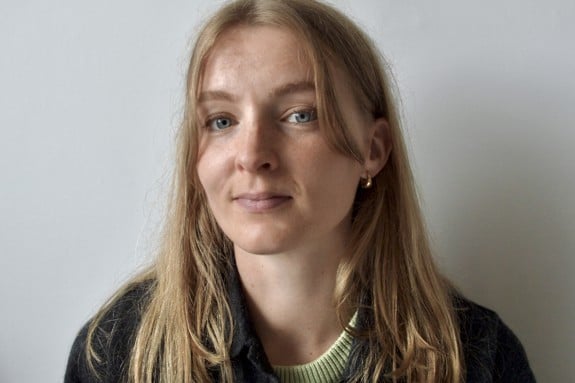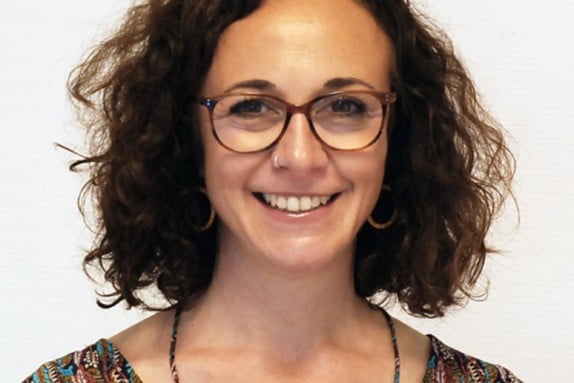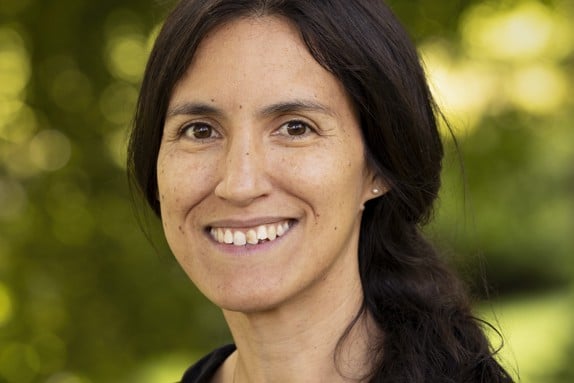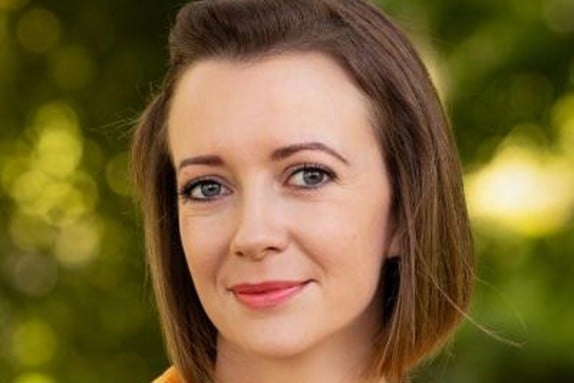Women who have been forced to flee their home countries and who, in addition to migration-related health issues, also carry experiences of domestic violence are at a particular risk of not receiving supportive interventions and care. Women with such dual exposure to violence are the target group for the project “Safe Groups: Gender-based violence prevention, response and research co-creation with refugee women" initiated by a research group from Uppsala University. Part of the project takes place at the Swedish Red Cross Treatment Centres for Persons Affected by War and Torture in Skövde (RKC Skövde).
The center offers group therapy for women with dual exposure to violence, and this group intervention will be scientifically evaluated as part of the project. The group therapy was selected as an intervention after a literature review and in consultation with a group of women with personal experiences of migration and domestic violence. The choice of a group intervention was based on the hypothesis that this format could help break the social isolation of the women and enable the exploration of shared experiences. The intervention chosen is called STAIR (Skills Training in Affective and Interpersonal Regulation) and consists of skills training in two stages: emotional regulation and interpersonal relationships. Participants practice, for example, saying no and expressing their needs through role-playing. They also discuss how past relational experiences may have affected how they interact with their surroundings today. Additionally, the center works to strengthen cooperation with local authorities in Skövde to better meet the psychosocial needs of the participants.
Who is involved in the project?
The project leaders are Anna Pérez-Aronsson and Georgina Warner. Anna is a doctoral student at Uppsala University in the Department of Public Health and Caring Sciences. Anna is a trained public health specialist and physician. Georgina is an Associate Professor at Uppsala University in the department and supervisor for the project as a whole. Five women with personal experiences of migration and gender-based violence are involved in every part of the project.
Elisa Hagby is a psychologist at the Red Cross Treatment Center for War Injuries and Torture in Skövde and a project leader. Arantxa Castillo Zubiria is a licensed psychologist at the Red Cross Treatment Center for War Injuries and Torture in Skövde. Arantxa and Elisa lead the group intervention together.
How did the idea for the project arise?
Experiencing potentially traumatic events of various types increases the risk of mental illness — but not all trauma is treated in the same places within healthcare. Individuals who have experienced war, persecution, and forced migration have many specific needs related to life in exile and are offered treatment at the Red Cross Treatment Center. Women with experiences of domestic violence are referred to other types of care and support, such as women’s shelters. Often, dual exposure to violence creates uncertainty among health care staff regarding where and whom should be responsible for the patient, and treatment interventions are rarely adapted for individuals who, for example, both live in a threatening domestic relationship and have traumatic experiences from the past to process.
The project's ambition is to answer questions about how we can reach women with dual exposure to violence and how we can offer treatment that is perceived as helpful by the participants and feasible for health care clinics in various services.
What significance will the project have for the target group?
A guiding principle for the project is feasibility. The group intervention was selected with consideration that it should be usable in various types of services. STAIR is manual-based, easy for practitioners to understand, and addresses trauma-related symptoms without directly working on trauma-focused or exposure-based therapy. The treatment aims to be stabilizing and has a clear focus on strengthening the women who participate. We hope that it will help the target group feel better equipped for everyday life and for any additional interventions (such as trauma-focused treatment).
Evaluating the group intervention implemented by RKC Skövde is just one study of several in the research project led by Warner and Pérez Aronsson, which also includes outreach interventions to reach the target group through open preschools.
RKC Skövde
RKC Skövde is a treatment center that offers psychological treatment for adults with severe mental health issues following traumatic events of war, torture, flight, or persecution. The treatment center also provides access to social workers, physiotherapists, and a children’s program—to be able to meet patients' varying needs from a holistic perspective. The center in Skövde has a particular interest in group therapy, as well as experience and strong local networks for working with women in ongoing exposure to violence.
